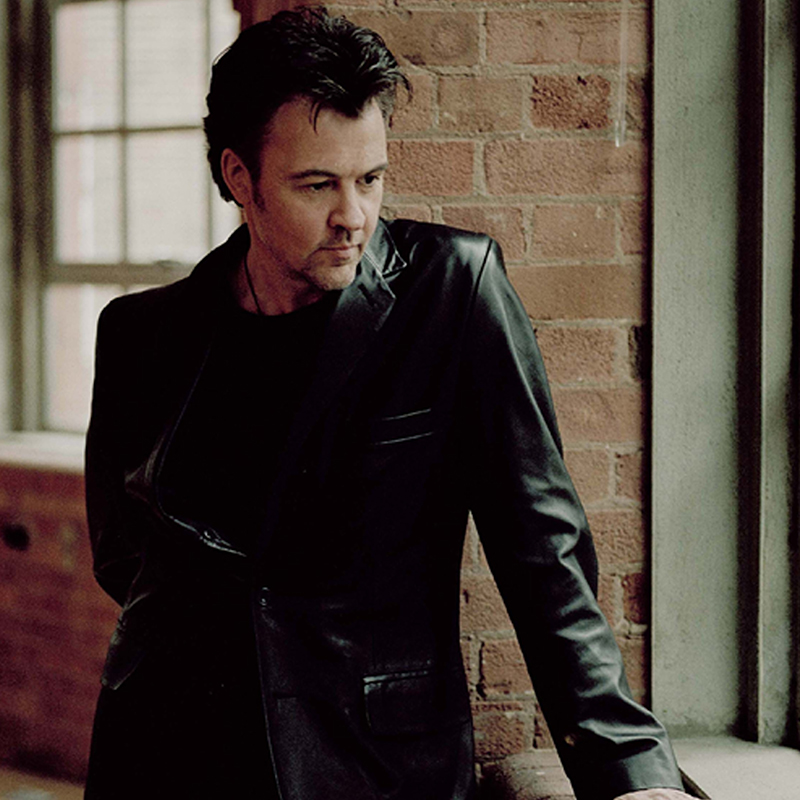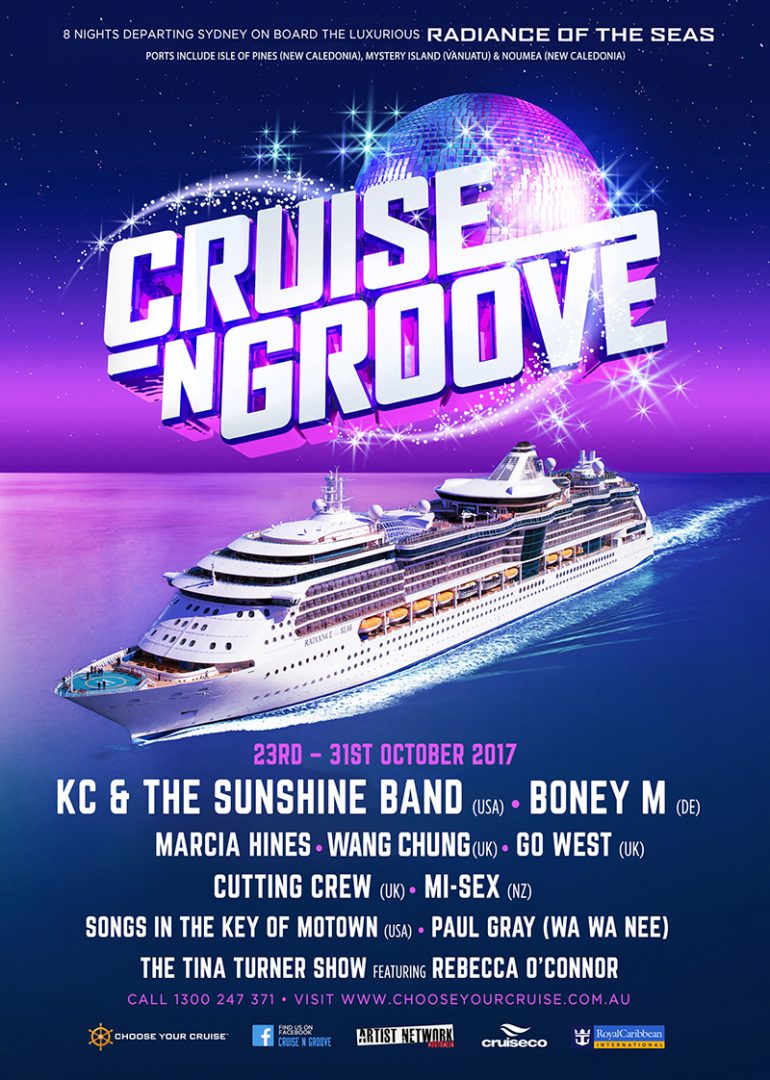THE EARLY YEARS
Paul Antony Young was born January 17th 1956. He was the middle child of three, has an elder brother Mark and a younger sister Joanne. His interest in music dates back to when he was very young, when he learnt to play the piano and then the guitar. On leaving school he worked, as did his father and brother, for Vauxhall Motors and played in various bands at night. He played bass guitar in his first and second band, but always wanted to become the singer. However his preferred style of music, blues and in particular soul, was not that popular in Luton. So his second band, Kat Kool & The Kool Kats, gave him a small section in the middle of the set where Paul chose to sing covers of Bill Withers and Albert King amongst others, as well as a couple of self penned songs.
This wasn’t enough though for Paul, and after hearing Paul’s demos at a local recording studio, he left the Kool Kats, and moved to London in 1976 taking up the offer to be in the better known Streetband.
STREETBAND
…Were from the Harrow/Watford area and had been on the circuit for a while, but decided they needed a front man. After Paul joined the band they secured a record deal with Logo, and Chaz Jankel (of Ian Dury and the Blockheads fame) was sent to the John Bull pub in Chiswick to see the band perform, with a view to producing their first album. It was on this particular night that guitarist John Gifford broke a string, and the road crew were not yet adept enough to change a guitar string, so John went off to change it himself. Whilst the band were waiting, they doodled around musically and Paul struck up a rhythm whilst talking over the top, eventually ending the chord sequence on the word Toast. In a couple of minutes it was over and John rejoined the band to continue the set. However it was not over: when the recordings for the first single “Hold On” commenced, Chaz insisted that ‘Toast’ would make a great B-side. The band’s fate was sealed… Although the rest of their material was more Cockney Rock laced with a hint of The Who and the Mod bands of that era, “Toast” was flipped to become the single’s “A” side, it became a hit, and effectively the band’s cards were marked. The band responded by playing everything louder, angrier and faster, and scared any fans they may have had away…
THE Q-TIPS
In December of ‘79 Streetband broke up and Paul went on to form the Q-Tips, together with the bass player and rhythm guitarist. During the next three years Paul introduced himself to more and more of the British public through the Q-Tips extensive touring. This period of intense activity gave Paul the chance to develop his unique voice and stage persona. Sadly, although radio gave them a fair chance with such singles as ‘Tracks Of My Tears’, ‘Some Kind Of Wonderful’ and their last track on the Chrysalis label ‘Stay The Way You Are’, it didn’t really translate into record sales. But that didn’t stop them competing with chart-topping acts of the time such as Madness and Bad Manners in terms of concert attendances, playing 700 shows over three years in the UK and Europe, and supporting such acts as Bob Marley, the Average White Band, J. Geils Band and the Who. Eventually the Q-Tips found their large membership of musicians worked against them in the new wave of synth-pop duos, and after struggling to find a record deal, they did one more tour then went their separate ways at the end of ‘82. Paul signed as a solo artist with CBS/SONY Records in that same year.
THE SOLO YEARS
CBS’ main idea was to get a crack team of great R&B musicians behind Paul and cut the album that the Q-Tips ‘should have made’. However, in Paul’s mind he was now free to use some of the modern influences he had been listening to, and mix them with R&B into a new sound… So the first recordings were tentative, and all songs had to be agreed by both sides!
The first single released in the UK was ‘Iron Out The Rough Spots’ in November 82 but despite strong radio support it wasn’t a success; initially it was the same for the following release ‘Love Of the Common People’. Success came at last with ‘Wherever I Lay My Hat’, which maintained the number 1 spot for the summer of 1983. The album ‘No Parlez’ pushed Paul and The Royal Family (his newly-formed band) to the top of the charts. If the rest of Europe didn’t completely agree with ‘Hat’, that soon changed when ‘Come Back & Stay’ was number one in Germany for six weeks, and the rest of Europe followed. (He met his future wife, Stacey Smith whilst making the video of ‘Come Back and Stay’.)
After an exhausting touring schedule around the world (that at one point had Paul doing 13 live shows in 14 days across America), the end of 1984 saw Paul singing the first line of the historical Band Aid record ‘Do They Know It’s Christmas’ for Ethiopian Famine Relief.
With the second album, ‘The Secret Of Association’ his status as a world star was confirmed. ‘Every Time You Go Away’ hit number one in America in the summer of 1985, (shortly after his appearance at the historic Live Aid) and in any other unconquered countries too. It was and still is his biggest worldwide hit.
In 1987 he went to studios in Milan to record his third album ‘Between Two Fires’ and met the Italian singer Zucchero. They became good friends, to collaborate later. 1987 was also the year of the birth of his first daughter Levi.
In 1989 Paul appeared in The Nelson Mandela Tribute Concert and sang a song by Crowded House –‘Don’t Dream It’s Over’ – which his fans pushed him to record later for his 1991 Greatest Hits album.
There followed a period of time out to be with his family, followed by time spent in America where he was to write and record in Los Angeles and New York the material for his fourth album ‘Other Voices’, released in 1990.
In 1991 Paul recorded a duet with his friend Zucchero on the soon to be worldwide popular ‘Senza Una Donna’ which, along with the aforementioned ‘Don’t Dream It’s Over’ were featured on his Best Of album, ‘From Time To Time’. At this time also, Paul had moved the family to California to prepare songs for the next album.
1992 was spent touring the world, which culminated in Paul’s wonderful appearance at the Freddie Mercury Tribute Concert singing “Radio Gaga” and the release of what turned out to be his final album for Sony, ‘The Crossing’ in 1993. This gave Paul the chance to work alongside some of his musical heroes; Tony Joe White, The Memphis Horns, and Billy Preston among many others. Working with the producer Don Was on the material for ‘The Crossing’,


